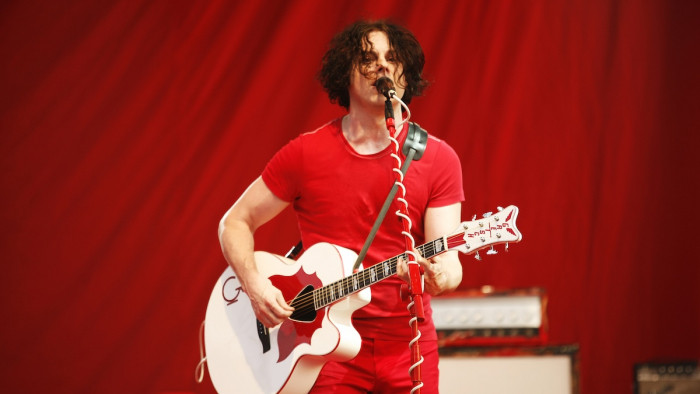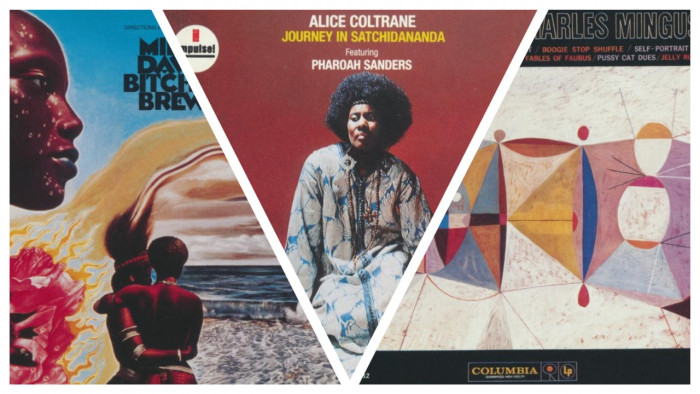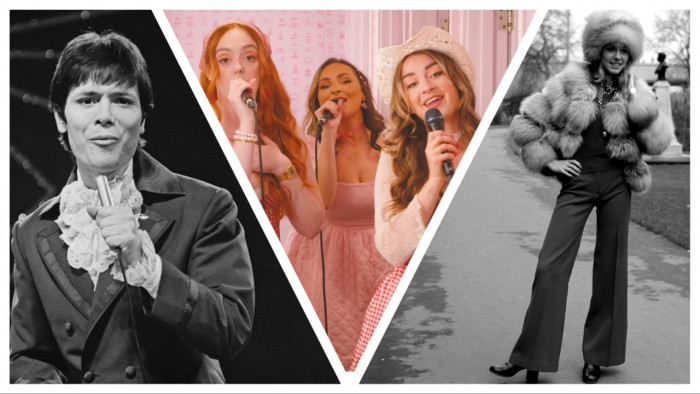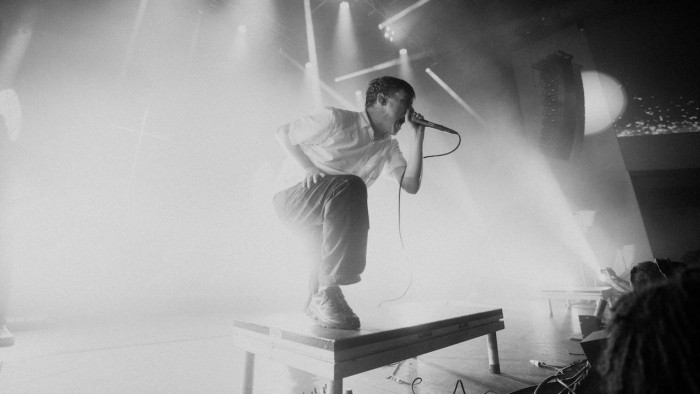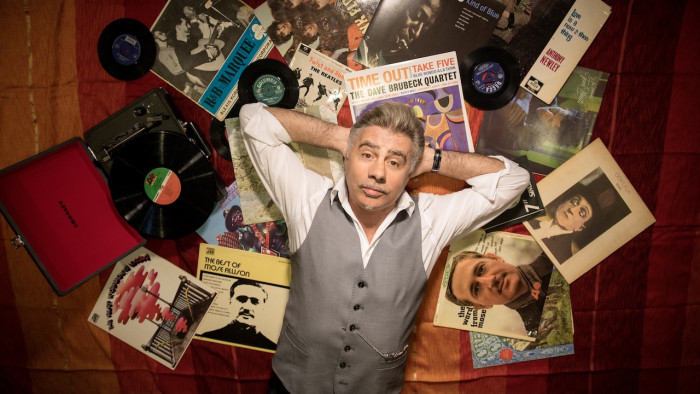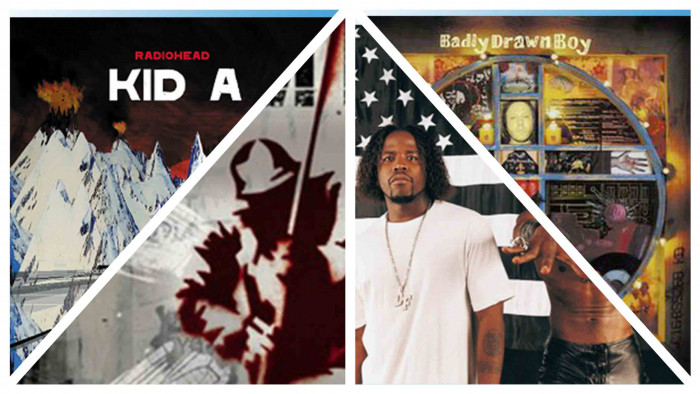In 1633, English poet John Donne wrote a poem in which he described being “sucked on country pleasures, childishly” and then another in which he described a “compass” which “grows erect, as that comes home”. No one stuck an “explicit” label on his outrageously dirty poetry – and now he’s taught to GCSE English students across the land.
Last week, Grime MC and producer Novelist didn’t get the same benefit of the doubt. Amazon Music marked his new album, Novelist Guy, explicit – despite the fact it doesn’t contain a single swear word.
Novelist – 21-year-old Kojo Kankam – is right be startled by this, as he expressed in a recent tweet. This categorisation is particularly insulting because much of the album is bright and optimistic, notable in a genre that’s often misconstrued as aggressive. “I only wanna do the honesty ting,” Kankam sings on ‘Start’.
Last month, Spotify revealed that they are testing filters to block swearing in songs, which is worrying. Sure, censoring music has its benefits (stopping children from hearing bad words, limiting hate speech…) but equally, swearing as a vessel to transmit a coherent message can be powerful.
During a performance at the Brits in February, Stormzy delivered a blistering freestyle rap, asking “Yo Theresa May, where’s the money for Grenfell?” The determined precision of his language benefits from sharp expletives: “They tell us that we’re fucks / I try and bust the myth / But someone tell the Daily Mail that they can suck my dick.”
The performance was broadcast live on ITV – and a singer’s “ooh yeah” replaced the suggestion of “dick”. Largely his attempts to use his music as a political vessel were applauded, and rightly so, but the edits also jarred, detracting from Stormzy’s political urgency and watering down a message that was delivered with just the right amount of vitriol to be taken seriously. Pandering to the watershed exemplified how ridiculous it is to censor particular combinations of letters, even when an artist is allowed to attack figures and institutions by name in the very same breath. The 24-year old was rapping about weighty issues, and on some occasions “weighty” words are necessary.
Foul language has long been a feature of empowerment in protest music. N.W.A.’s 1988 release ‘Fuck tha Police’ would pack nowhere near as big a punch without its expletive. The song protests police brutality and racial profiling, and mocks the prejudice of court proceedings: its purpose is to garner attention and get its audience riled up, and its fiery language is every bit needed to convey the rightful rage of victimised minorities.
The same sentiment rings through in Rage Against the Machine’s 1992 hit ‘Killing in the Name,’ as lead singer Zack de la Rocha repeats “Fuck you, I won’t do what you tell me,” again and again, under burgeoning guitar and powerful drums. Its final lyric – a heartfelt “Motherfucker! Ugh!” – is the epitome of angst.

Zack de la Rocha swearing
Beyond protests, swear words help artists convey the depth of their emotions. The CD/DVD edition of Lemonade, Beyonce’s hugely praised 2016 album, comes with three warning stickers. Lemonade includes sexual references and “coarse” language, they say, as though Beyonce’s voice is made unpleasantly bristly by her lyrics, or the value of her music is somehow lessened because of her brashness. Actually, her voice rings out with the honeyed glow of any performer speaking their true mind.
On ‘Formation,’ she sings “When he fuck me good I take his ass to Red Lobster, ‘cause I slay.” The line reverberates with the sexual exuberance which gives Lemonade much of its power and ends with the phrase that inspired a generation to become empowered by their own self-confidence: “I slay.”
Beyonce’s expletives augment her songs with fervency: without them, Lemonade wouldn’t be an emotional masterpiece.

Beyonce, slaying
Last month late-noughties pop sensation Lily Allen played her first UK live dates in three years. There’s no doubt that the best parts of her set relied on expletives: the uniting feeling of screaming “Fuck you!” throughout her so-named 2009 hit; the thrill of being one small wave in a vast ocean of middle fingers waving in the air throughout the same song; and the vivacity with which the crowd sung the lyrics to ‘Not Fair,’ including “Oh, I lie here in the wet patch in the middle of the bed, / I’m feeling pretty damn hard done by, I spent ages giving head.”
While Donne’s high art is deemed “witty” and “clever,” Allen’s pop status makes her “outspoken” or even worse, “gobby”.
Musicians should not feel as if they are taking a risk with success if their songs include expletives. Using swear words is not the same as inciting violence, misogyny, or racial hatred, and swearing is not always a means to aggression. It is 2018, our language has developed so that certain combinations of four letters represent emotion – not violence.
If music wants to reflect true emotion and challenge the status quo, it must be explicit when appropriate – particularly if that means embracing Beyonce at Coachella and repeating “Suck on my balls, pause, I’ve had enough,” right up until you really have had enough.


